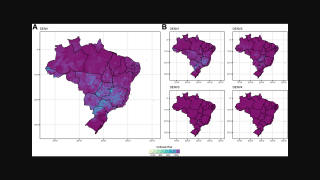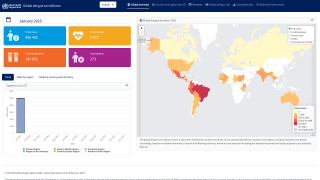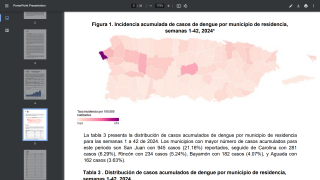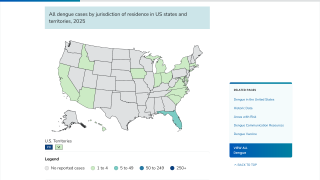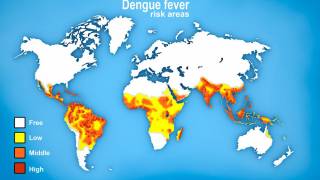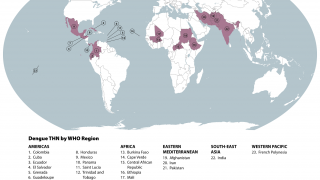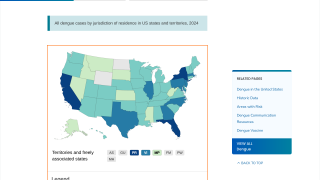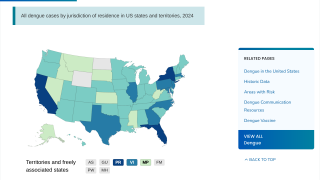Dengvaxia Vaccine May Worsen Dengue Virus
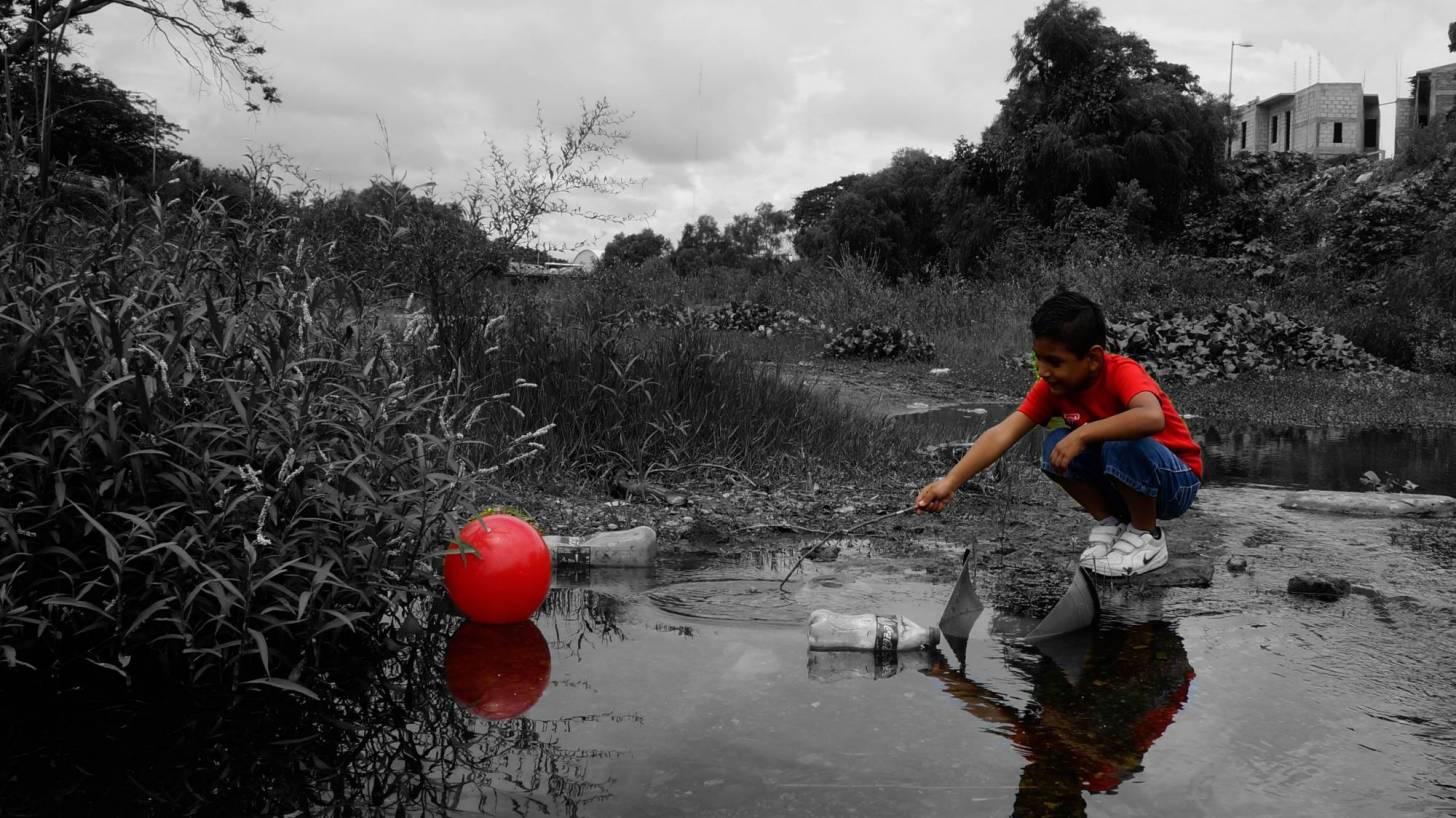
A new analysis of long-term Dengvaxia® usage found differences in vaccine performance, based on prior dengue infection.
This is not good news for the Dengvaxia vaccine.
The use of Sanofi’s dengue vaccine, the world’s first approved shot against the mosquito-borne virus, will be limited due to evidence it can worsen the disease in people who have not previously been exposed to the infection.
With six years of clinical data, the new analysis confirmed that the Dengvaxia vaccine provides persistent protective benefit against dengue fever in those who had prior infection, reported Sanofi Pasteur.
For those individuals not previously infected by the dengue virus, however, the analysis found that in the longer term, more cases of severe disease could occur following vaccination, and upon a subsequent dengue infection.
Dengvaxia has been shown to prevent 93 percent of severe disease and 80 percent of hospitalizations due to dengue in large-scale clinical studies.
While Dengvaxia was the first vaccine approved for dengue, it didnot protect equally against the four different strains of the virus in trials.
There are four closely related, but antigenically different, serotypes (DEN1, DEN 2, DEN 3, DEN 4) of the virus that can cause dengue.
The Dengvaxia vaccine is currently indicated in most of the countries for individuals 9 years of age and older, who are living in a dengue-endemic area.
“We are working with health authorities to ensure that prescribers, vaccinators, and patients are fully informed of the new findings, with the goal of enhancing the impact of Dengvaxia in dengue-endemic countries,” said Dr. Su-Peing Ng, Global Medical Head, Sanofi Pasteur.
Known as the "breakbone fever" because of the intense joint pain, dengue has been causing health problems for decades, maybe even centuries.
About half of the world’s population lives in countries where four serotypes of dengue virus are in circulation. Every year an estimated 390 million dengue infections are reported.
People can be infected with dengue up to four times in their lifetime and they can get severely ill after any of these infections.
Surveillance data from some endemic countries indicate that between 70 and 90 percent of people will have been exposed to dengue at least once by the time they reach adolescence.
According to the Centers for Disease Control and Prevention (CDC), Dengue viral infections can be characterized by sudden onset after an incubation period of commonly 4–7 days of high fever, severe frontal headache, and joint and muscle pain.
The disease is usually self-limited, although convalescence can be prolonged.
The most severe cases result in Hemorrhagic Fever/Dengue Shock Syndrome, which can cause blood vessels to leak and organs to fail.
Our Trust Standards: Medical Advisory Committee








